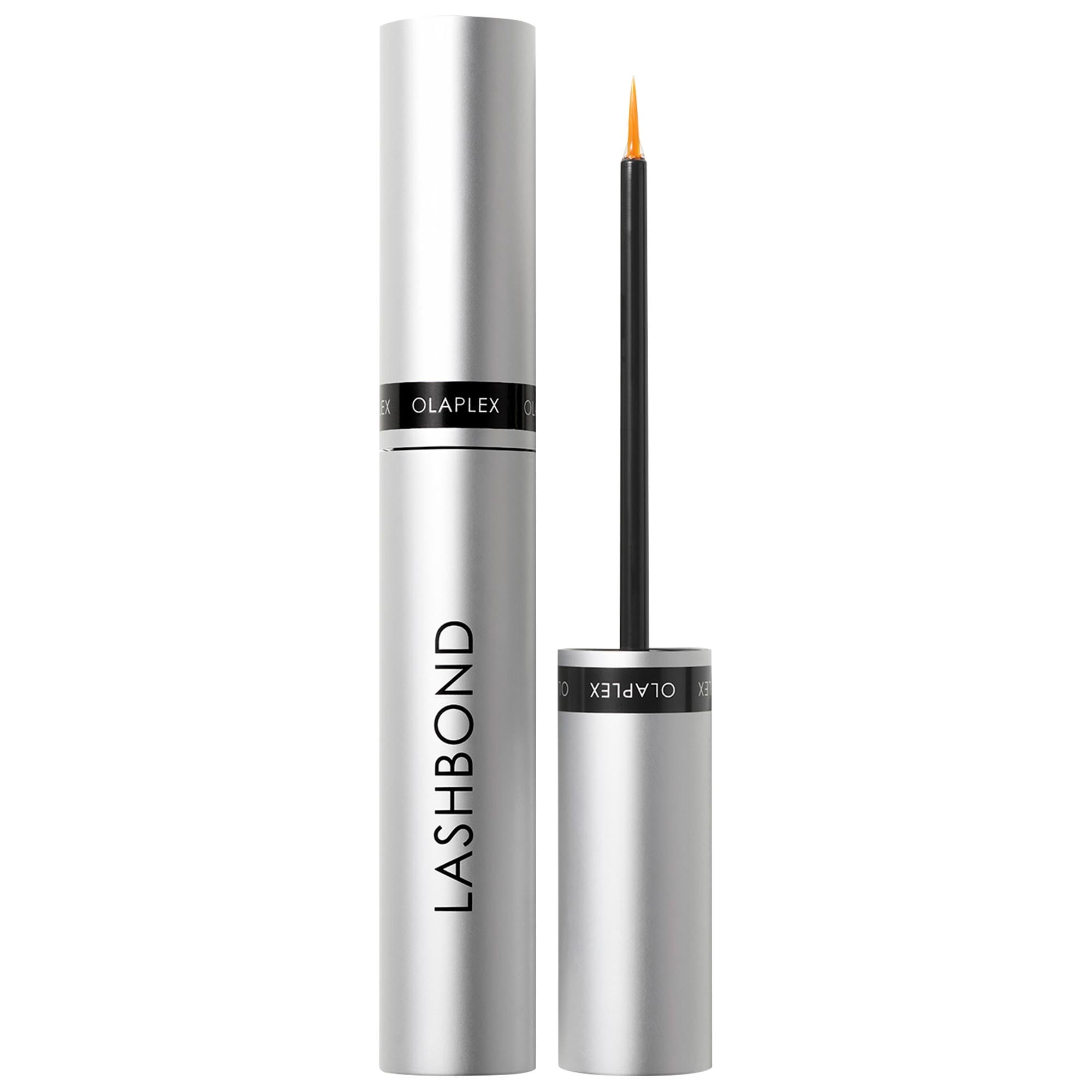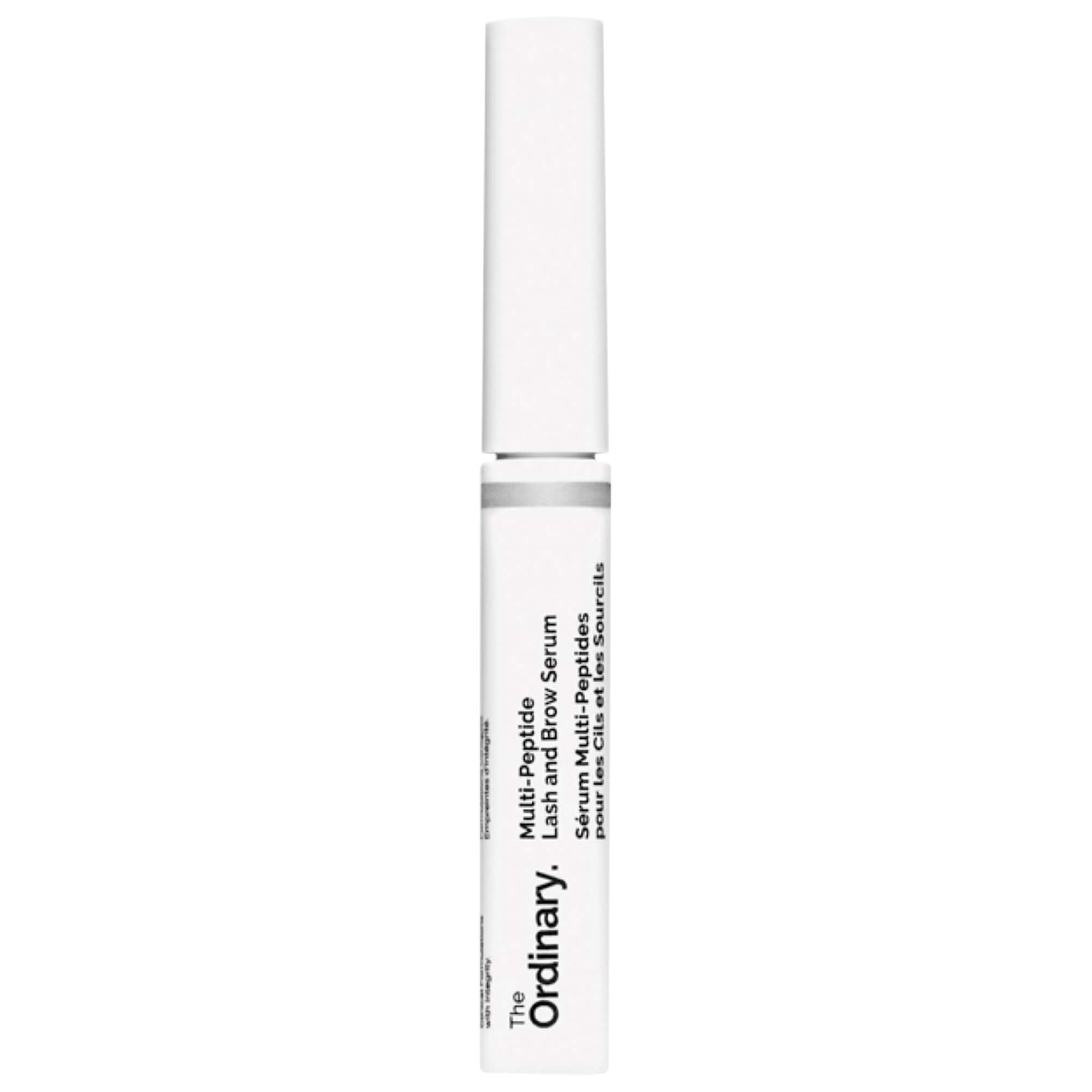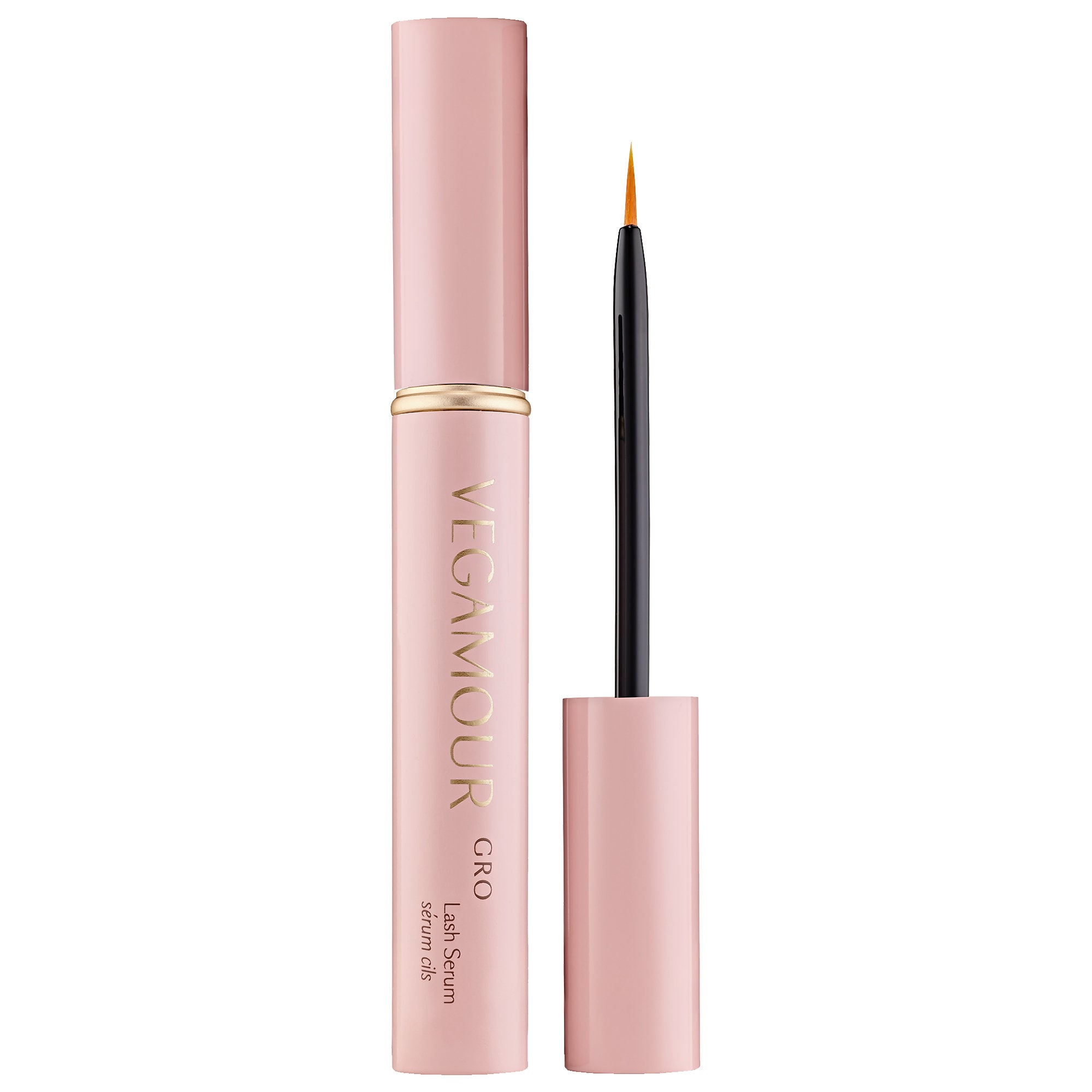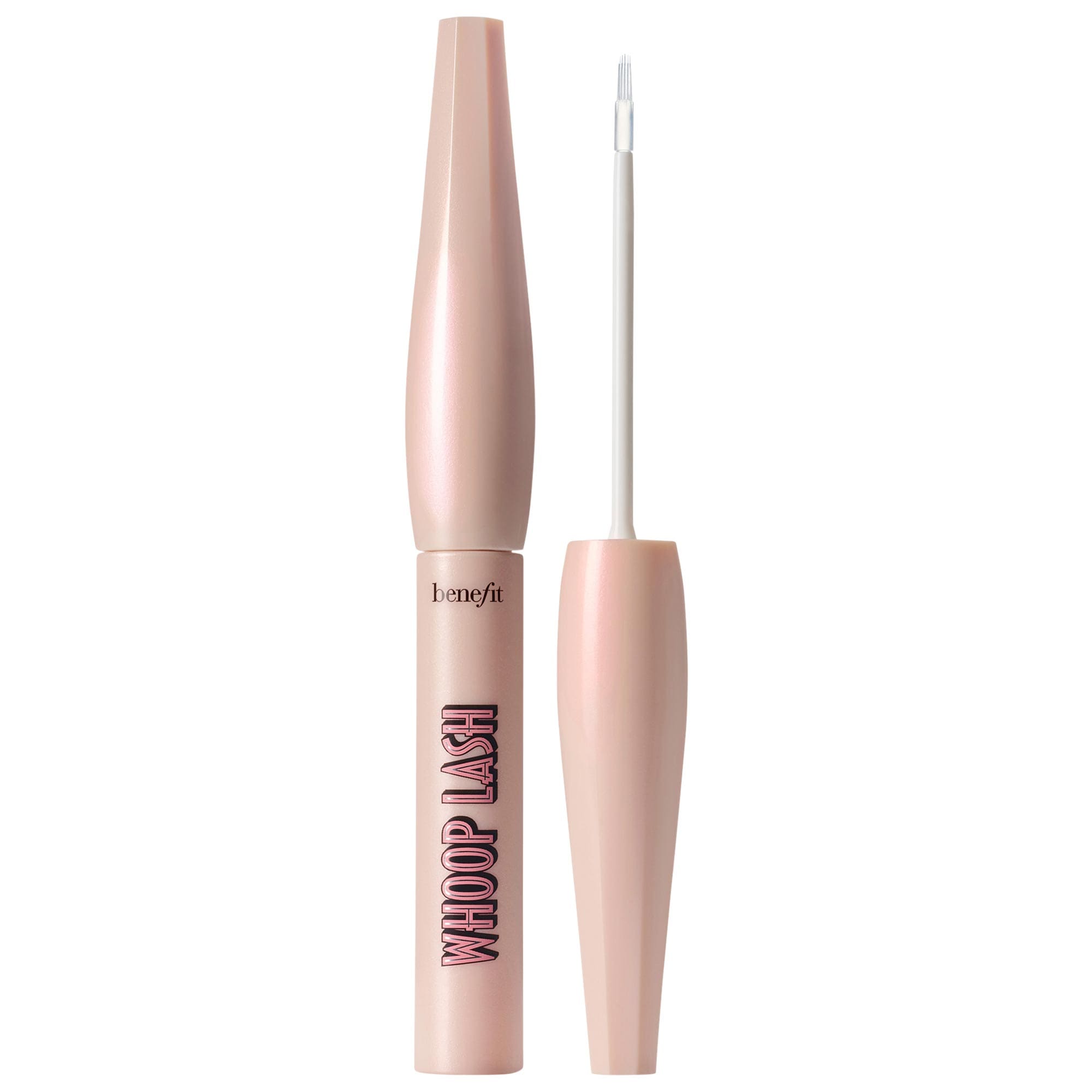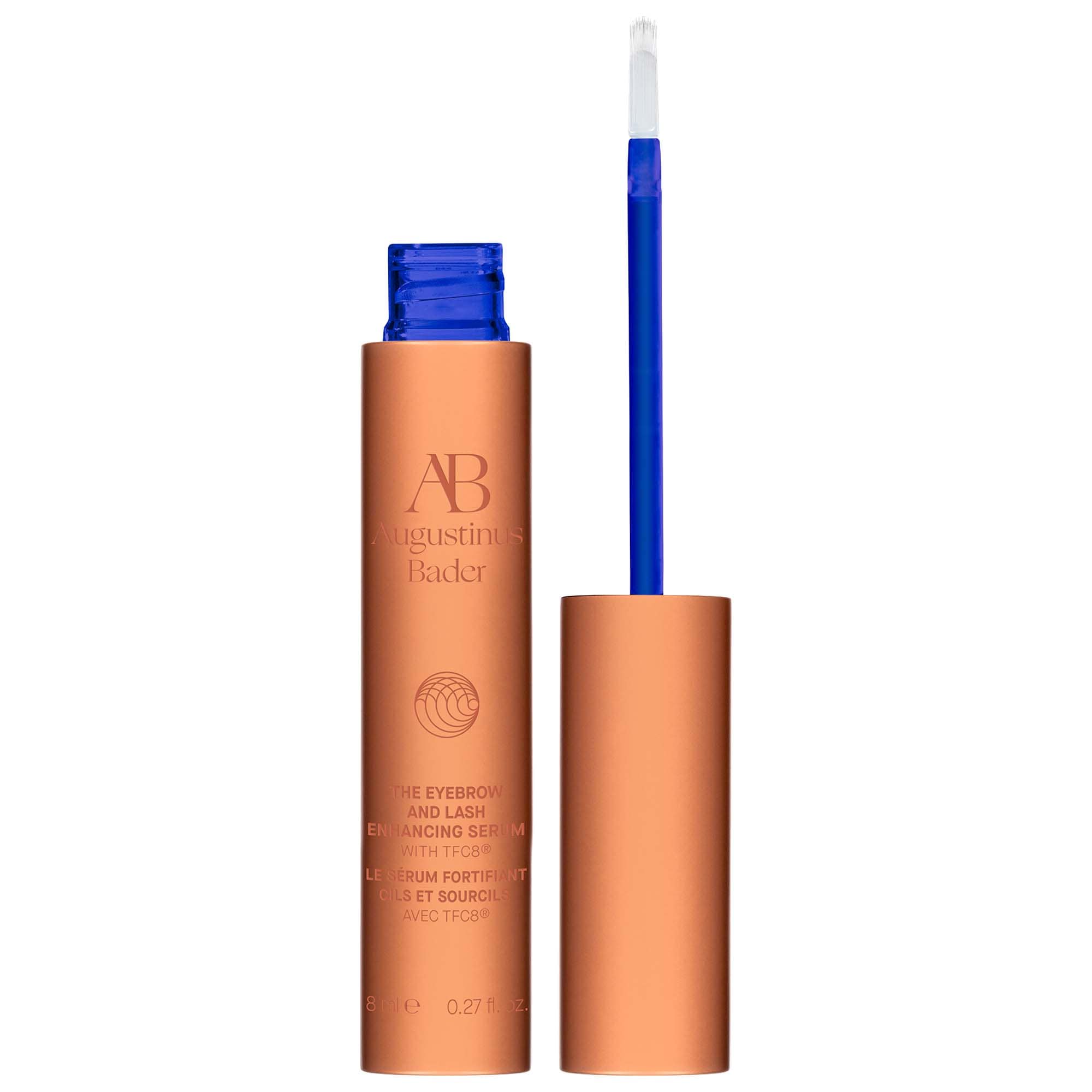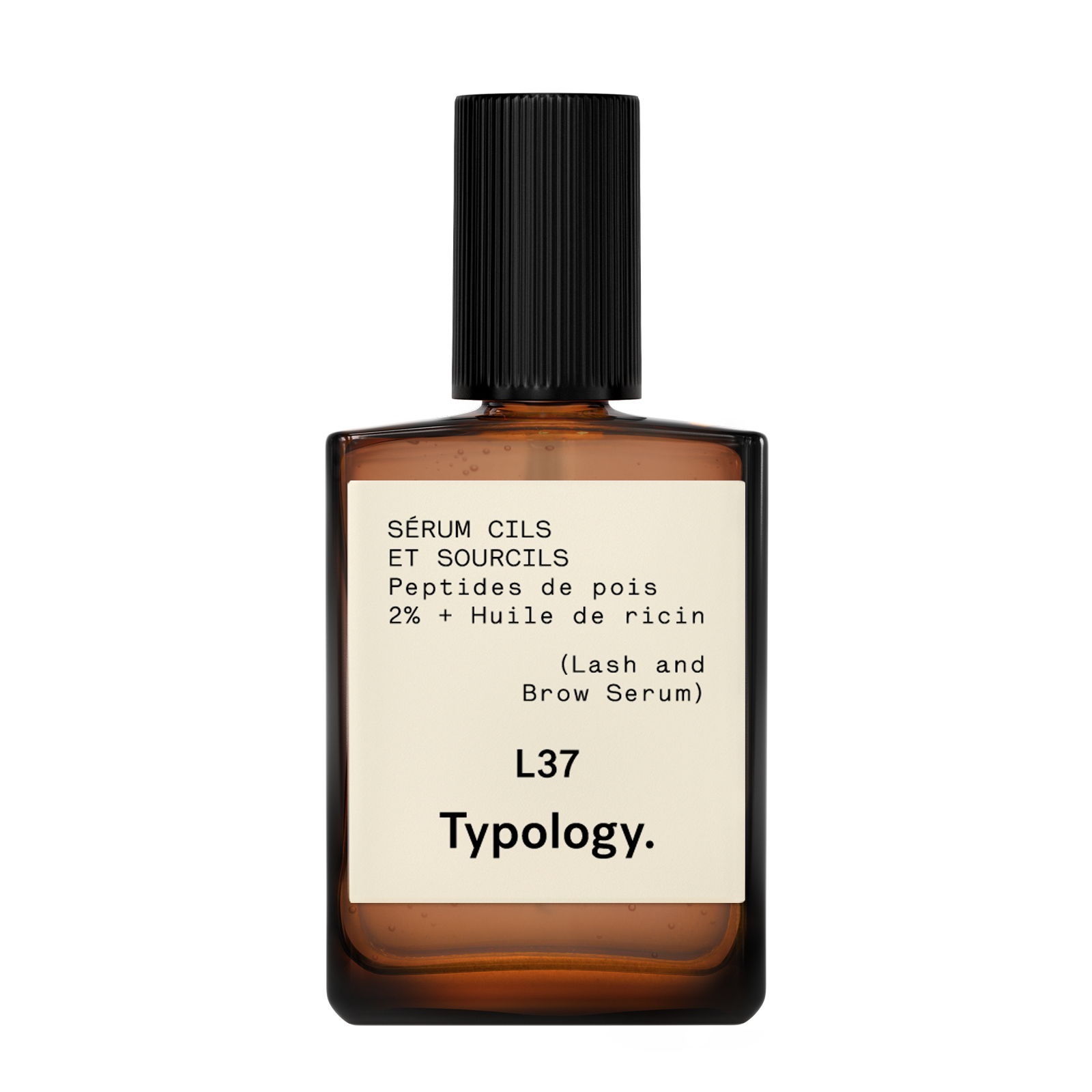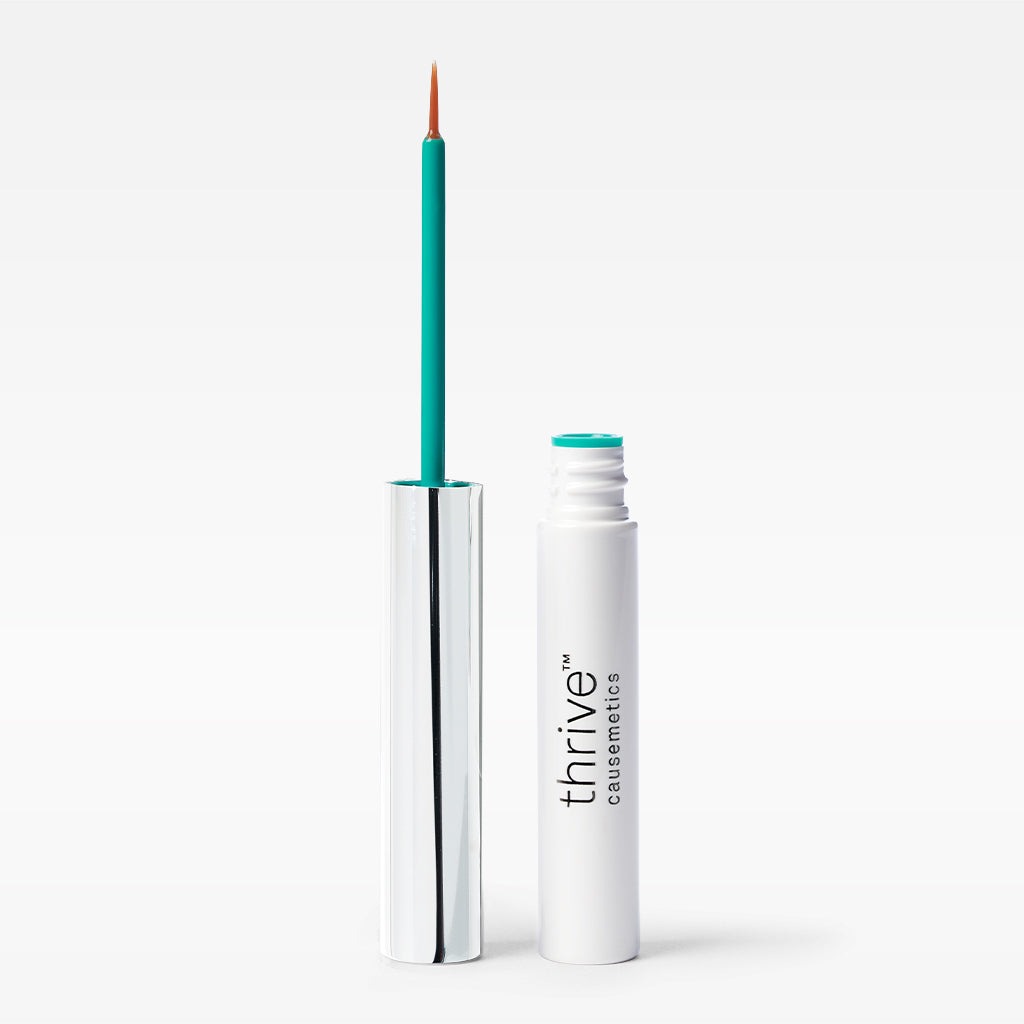I Recently Realized My Lash Serum Could Be Harmful—Here's What I'm Trying Instead

Don't get me wrong. Having a good lash serum in your routine can be absolutely life-changing. I've seen firsthand what they can do, especially if you're like me and struggle with perpetually short, straight lashes. But (and there's a huge "but" here), the ingredients some of these lash serums contain may also come with some major pitfalls. If you're not familiar and are interested in learning more, you've come to the right place. I'm breaking down the major ingredient in most lash serums that's potentially harmful and what I'm now using instead. Keep reading below for everything you need to know.
What Are Prostaglandin Analogues, and Why Are They Potentially Harmful?
Most lash serums, including prescription-strength options like Latisse, contain prostaglandin analogues, a class of compounds that bind to prostaglandin receptors in the body, have hormone-like effects, and are traditionally used to treat diseases like glaucoma. Because of these hormone-like effects, they have the added ability to increase the length, thickness, and density of your lashes. This is why a lot of lash serums use them, but they can also cause some unwanted side effects, especially in those with sensitive eyes.
Lauren Bartholomeusz, VP of global practice development at KeraFactor, explained a bit more. "Prostaglandin analogues are known for their positive side effect of lengthening and darkening the eyelashes, which has led to their use in some cosmetic products," she says. "However, there are also potentially harmful side effects associated with their long-term use. Due to these significant risks, it is advisable to avoid prostaglandin analogues in lash serums and seek safer alternatives that can enhance lash appearance without compromising long-term eye and skin health."
These side effects include:
1. Darkening of the iris: Prolonged use can cause a permanent change in the color of the iris.
2. Darkening of the skin along the eyelid: The skin around the treated area can darken, sometimes permanently.
3. Swelling of the eye: Users may experience inflammation or swelling of the eye, which can be uncomfortable.
4. Shrinking of fat cells around the eye: Long-term use can alter the appearance of the eye area, making it look sunken or hollow.
5. Iris cysts: Though rare, there is a possibility of developing cysts on the iris.
6. Irritation: Long-term application can cause persistent swelling, redness, and irritation of the eyes, which can be uncomfortable and affect eye health.
7. Systemic effects: There's a possibility of systemic absorption, which might lead to unwanted effects beyond the eye area.
What I'm Trying Instead
Needless to say, as soon as I found out about these potential side effects, I began searching for lash serum options that are prostaglandin analogue free. I found KeraFactor and thought it sounded pretty promising.
Bartholomeusz shared a bit more about the brand's unique formula: "Lashes by KeraFactor features nine biomimetic growth factors. Sh-Oligopeptide-1 and Sh-Oligopeptide-4 play pivotal roles in hair rejuvenation and combating aging. By stimulating the follicle, improving circulation, and encouraging the anagen phase, they contribute to thicker-looking, healthier lashes while restoring vitality. Seven additional biomimetic growth factors further enhance lash strength and improve overall resilience, ensuring your lashes are fortified from root to tip.
"For optimal lash health and rejuvenation, Lashes by KeraFactor features polydeoxyribonucleotide (PDRN), which enhances cellular metabolism, increases blood flow, reduces shedding, and revitalizes dormant follicles, leading to a thicker, fuller appearance of the lash. At the heart of our formula are pentylene glycol and glycerin, multifunctional ingredients renowned for their moisturizing, hydrating, and antimicrobial properties. These ensure that your delicate lash area stays deeply hydrated while safeguarding against harmful microbes."
I gave this formula a try for two months, and I'm sharing my thoughts on it below.
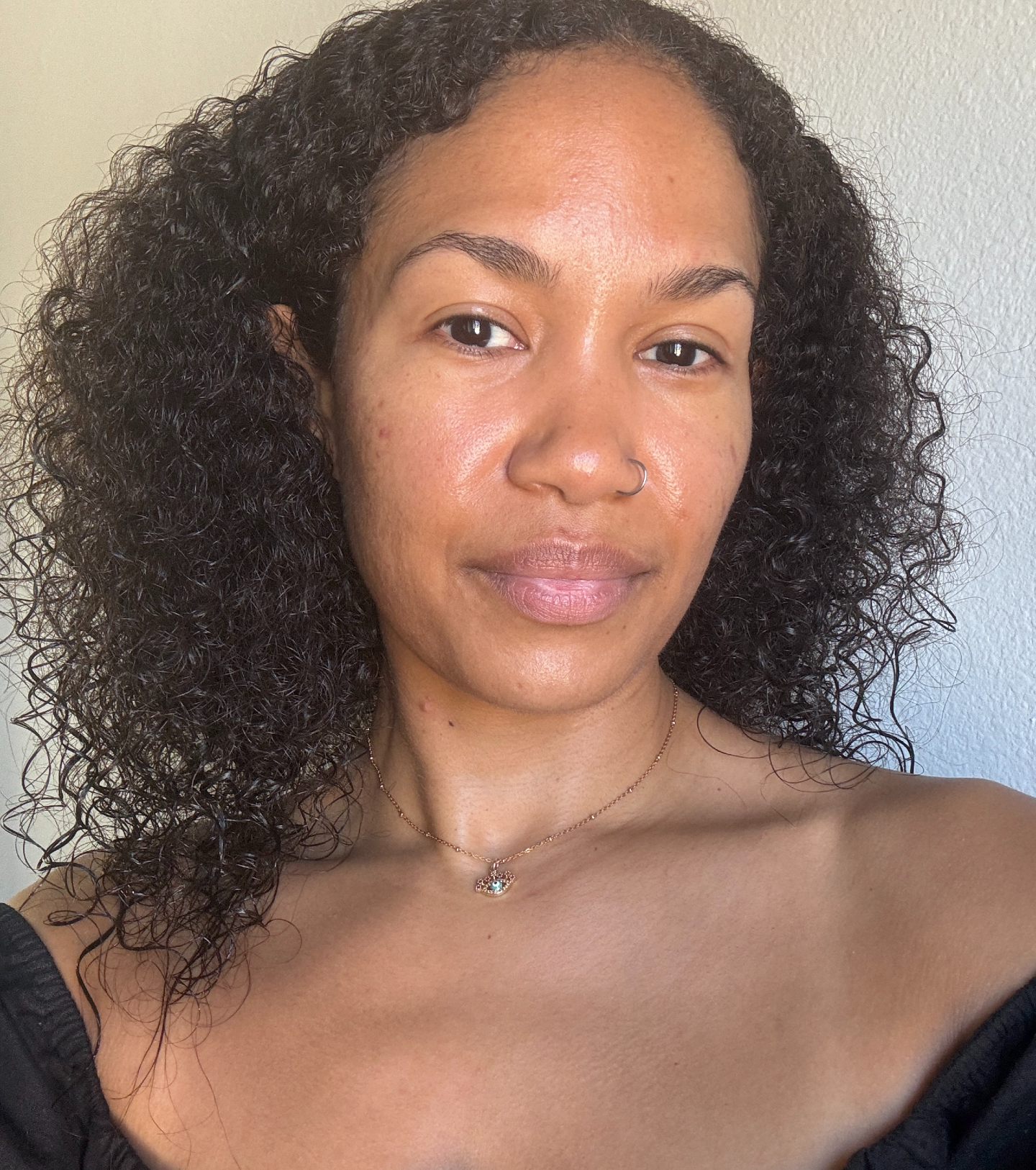
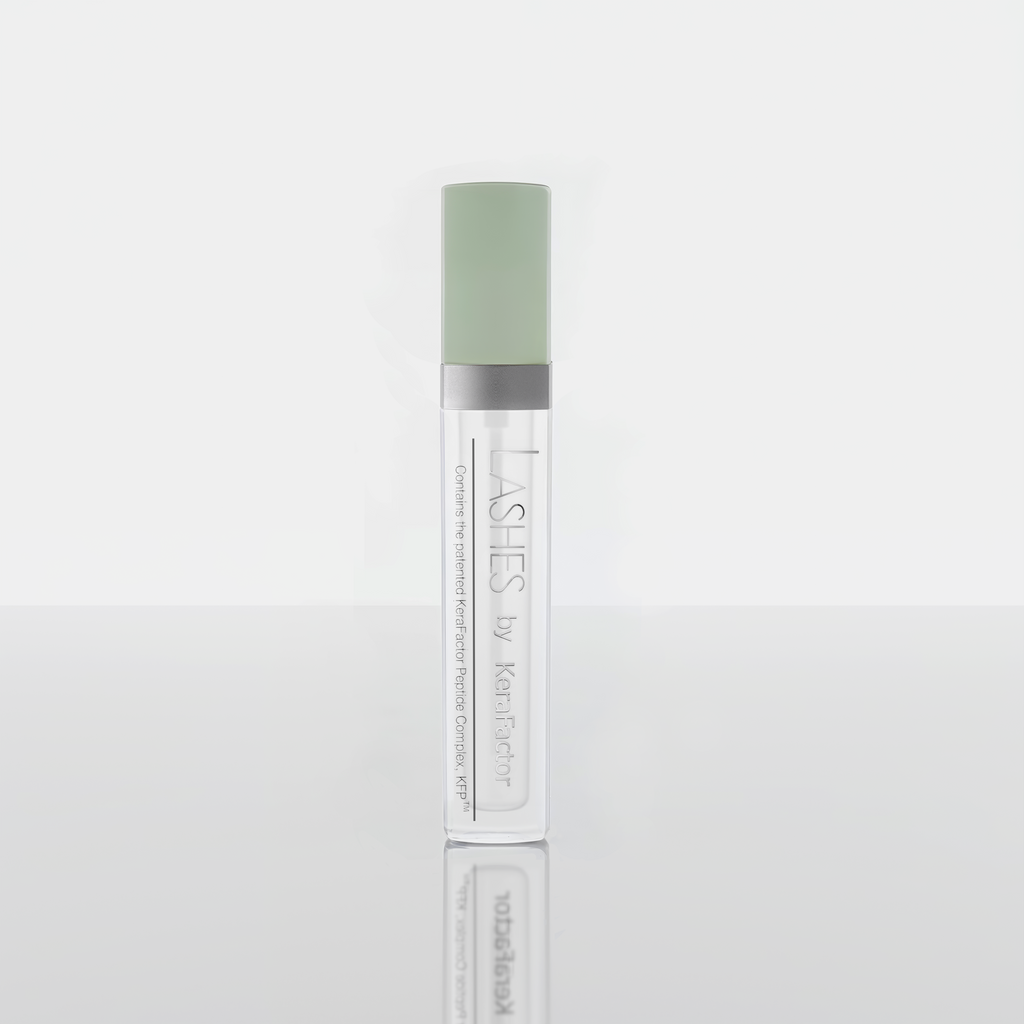
I'll start by saying that I think this is a great prostaglandin analogue free option. You may not be able to tell in the above photo, but my lashes have definitely improved in the density and length departments. They do, however, still look stick straight (sigh), so I'll probably need to get a lash lift eventually if I want them to have more curl.
It has been about two months since I started using this formula, and I'm just now starting to see some real improvement in length. It isn't the fastest at producing results, and you have to be patient, so keep that in mind. I lose a lot fewer lashes than I used to, and I can see the biggest difference in length when I apply mascara.
I also realize that this is a pretty expensive formula, and it may be hard to cough up almost $100 for this, but I can vouch that it actually works. Although it does take a bit longer to see those results, I'm excited to see how my lashes will look after the three- and four-month marks.
For a few more prostaglandin analogue free options, keep scrolling.
More Prostaglandin Analogue Free Lash Serums I Love
Shawna Hudson is a beauty, wellness, lifestyle, and travel writer with over 10 years of experience. She graduated from California State University, Fullerton, with a degree in journalism and has written for other publications such as Bustle, The Zoe Report, Byrdie, Elite Daily, and more. She is currently a beauty writer atBest Knockoff Luxury Clothing and hopes to continue feeding her (completely out-of-control) beauty obsession as long as she can. Stay up to date on her latest finds on Instagram @shawnasimonee.
